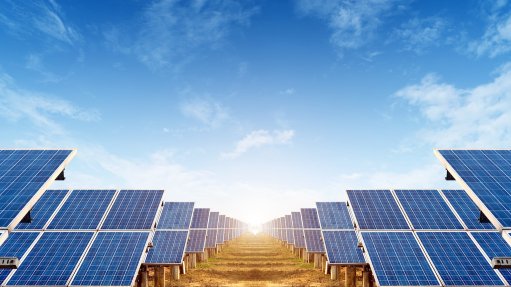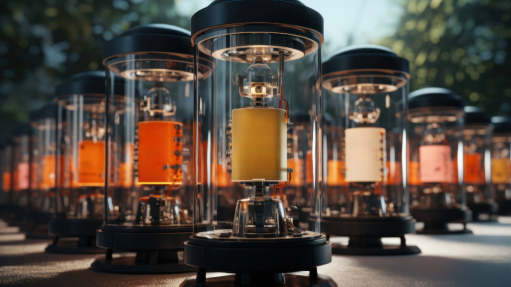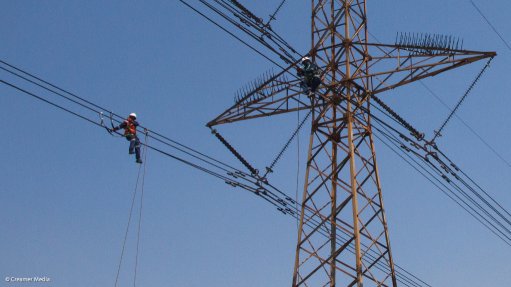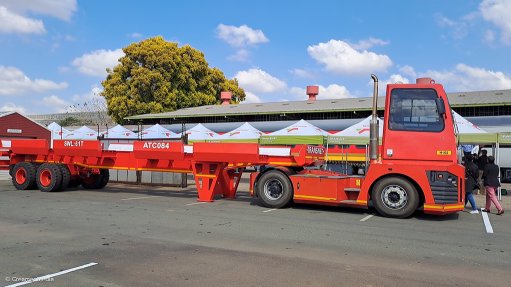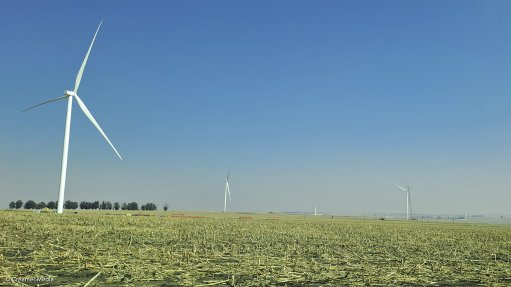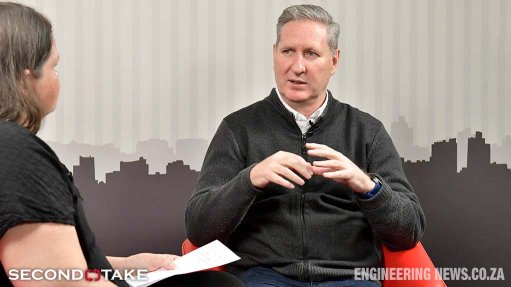Choosing the correct water softener for your needs

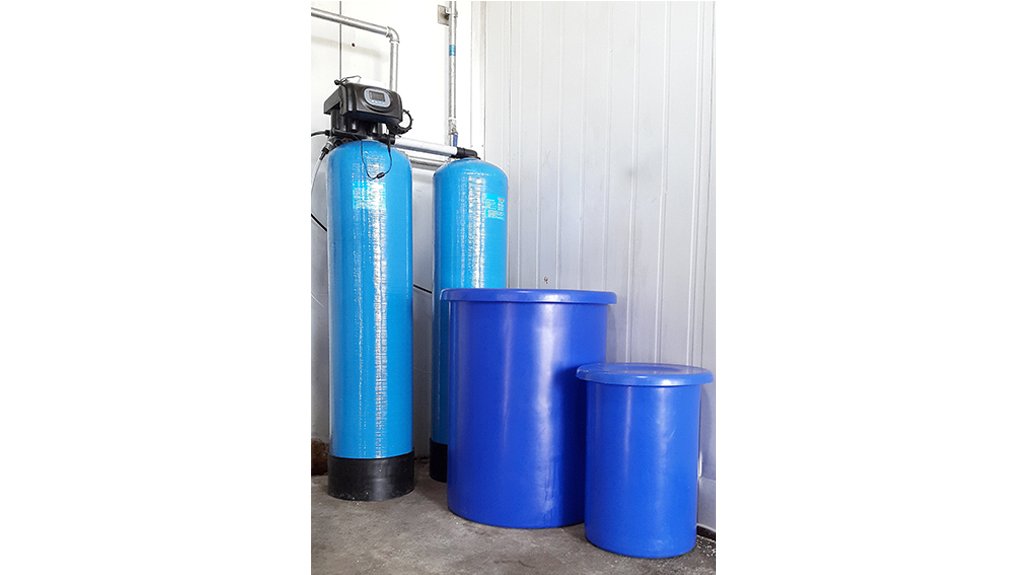
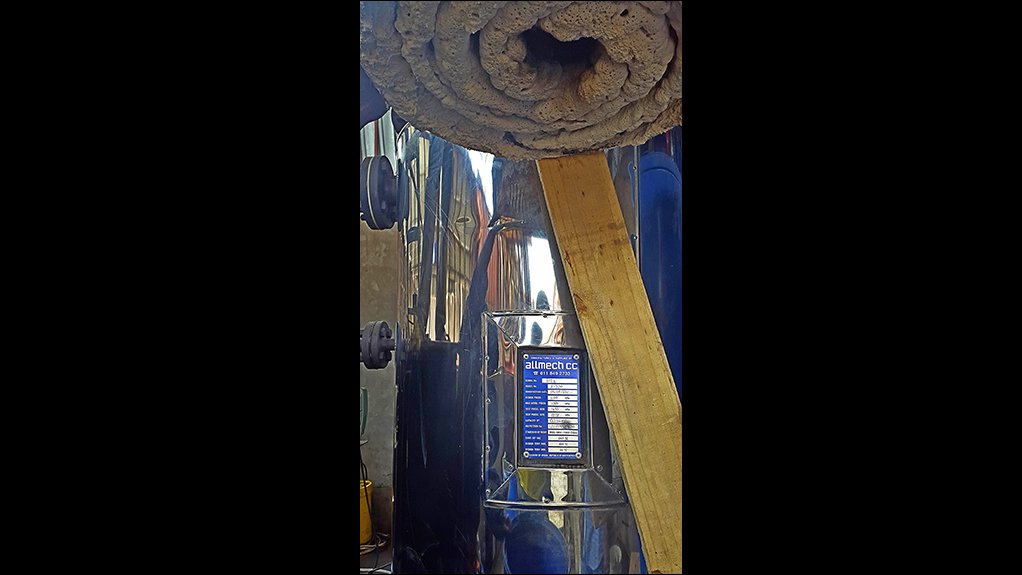
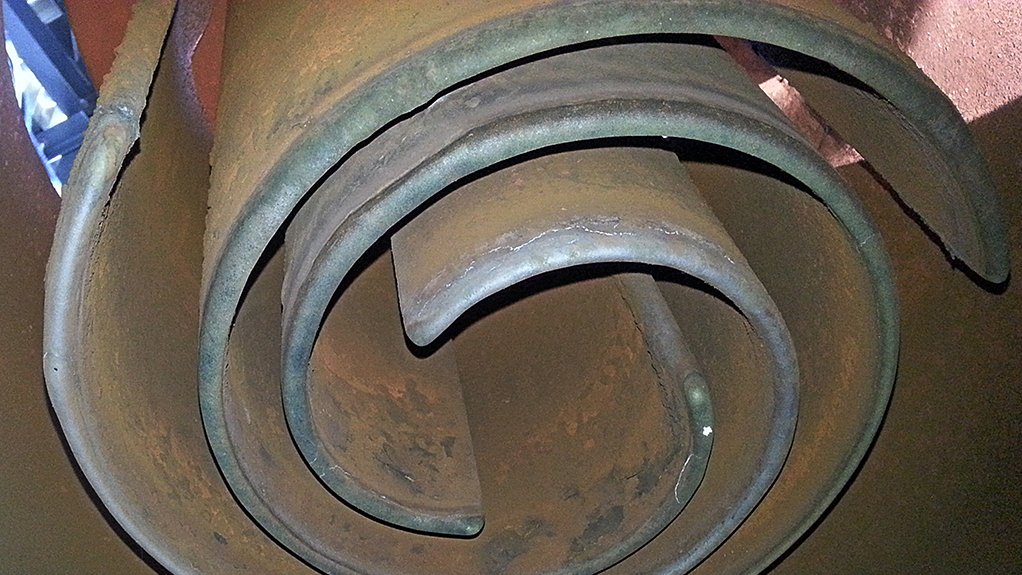
Duples softener installation for 24h operation
Electrode boiler head with excessive scale
Electrode boiler head with no scale
This article has been supplied.
Water softeners are used to treat water for various industries and applications, from pharmaceuticals, cosmetics and healthcare to food and beverages, water bottling, hospitality (such as hotels and lodges), and domestic settings (to deal with hard water). All boilers need a softener, as well as cooling towers, as boilers help to prevent scale on heat transfer surfaces.
JP Thysse, Senior Technician at Allmech, a leading South African manufacturer of boilers and supplier of water treatment components, explains that water is treated for several reasons: to protect plant and equipment, to prevent scale and corrosion, to increase boiler efficiency, to reduce downtime and to reduce maintenance costs.
“Scale causes poor heat transfer, hot spots and tube failure, under deposit corrosion and reduced boiler efficiency, and process contamination,” says Thysse. “You get different types of scale deposits, such as hardness deposits of calcium carbonate and magnesium carbonate, as well as phosphate, silica, and iron deposits. Aside from scale, water treatment can also help to prevent corrosion issues.”
He notes that it is important to choose the correct water treatment solution for your particular requirements, as there’s no one-size-fits-all option that will work in the long term. “Before you can consider a solution, you need to test your water to see what you’re dealing with.”
A trustworthy supplier can then help you to choose the right softener and system, taking into account your hours of operation, maximum demand (e.g. some boiler applications have peaks and troughs, such as in a mine change-house), your flow rate and your water hardness. “An experienced water treatment technician can also help to solve specific problems related to your water supply. For example, by softening the raw water and using scale inhibitors you can address hardness deposits. Silica deposits can be dealt with by maintaining boiler water alkalinity at a 3x silica level, or using a demineralisation plant.”
The Allmech team believes that the pre-treatment system is the most critical part of the total boiler water system, as it ensures water impurities are either removed or reduced to acceptable levels. “Our softeners are based on salt regenerated ion exchange resin technology,” says Thysse. “Basically, the resin is a polymer that removes calcium and replaces it with water soluble sodium. But, if your sodium content is too high, it affects the resin’s ability to regenerate. Instead of regenerating in cycles, it does so constantly, and will become ineffective. The resin requires saturated brine to regenerate and the salt needs 8 hours in water to dissolve to saturation level.”
The volume of water you’re dealing with, coupled with your maximum demand, will dictate the valve you need. The softener size will depend on your operating times, required water volumes and a site assessment. “We look at everything from pipe size to pressure and any major foulants in the water,” says Thysse. He notes that sometimes a filter is also required. Carbon filters are used to remove chlorines and smells, whereas silica filters deal with turbidity issues.
“In a properly specced system that’s working as it’s meant to, the resin in a softener can run up to 10 years, depending on site conditions,” Thysse says. “If you’re changing your resin more regularly you know you have a problem. That’s why we suggest monthly water treatment services to all our customers where we test softener equipment and water sources.”
Importantly, Thysse says, high-quality salt needs to be used in the softener to keep it in tip-top condition.
“If you have a softener that is working well and it is being maintained properly, you don’t need to acid wash your boiler and you won’t battle with high levels of corrosion. This ultimately cuts down on cost and down-time.”
He adds that borehole and spring water quality may be affected by rainfall or other factors, so it’s important to regularly test it and adjust your system as required. Softeners can regenerate from between every eight hours or once a month – depending on the interval required, which is determined by water quality and size.
“You want maximum steam output for minimum energy input,” says Thysse. “To achieve that, you not only need to think about implementing an effective and well controlled water treatment programme to prevent scale / corrosion – you also need to employ sound boiler operating procedures, take care of your water softener, keep the boiler TDS at specified levels, heat the feed water and undertake preventative maintenance. That’s why you need an expert partner – someone who understands every part of the process.”
Comments
Announcements
What's On
Subscribe to improve your user experience...
Option 1 (equivalent of R125 a month):
Receive a weekly copy of Creamer Media's Engineering News & Mining Weekly magazine
(print copy for those in South Africa and e-magazine for those outside of South Africa)
Receive daily email newsletters
Access to full search results
Access archive of magazine back copies
Access to Projects in Progress
Access to ONE Research Report of your choice in PDF format
Option 2 (equivalent of R375 a month):
All benefits from Option 1
PLUS
Access to Creamer Media's Research Channel Africa for ALL Research Reports, in PDF format, on various industrial and mining sectors
including Electricity; Water; Energy Transition; Hydrogen; Roads, Rail and Ports; Coal; Gold; Platinum; Battery Metals; etc.
Already a subscriber?
Forgotten your password?
Receive weekly copy of Creamer Media's Engineering News & Mining Weekly magazine (print copy for those in South Africa and e-magazine for those outside of South Africa)
➕
Recieve daily email newsletters
➕
Access to full search results
➕
Access archive of magazine back copies
➕
Access to Projects in Progress
➕
Access to ONE Research Report of your choice in PDF format
RESEARCH CHANNEL AFRICA
R4500 (equivalent of R375 a month)
SUBSCRIBEAll benefits from Option 1
➕
Access to Creamer Media's Research Channel Africa for ALL Research Reports on various industrial and mining sectors, in PDF format, including on:
Electricity
➕
Water
➕
Energy Transition
➕
Hydrogen
➕
Roads, Rail and Ports
➕
Coal
➕
Gold
➕
Platinum
➕
Battery Metals
➕
etc.
Receive all benefits from Option 1 or Option 2 delivered to numerous people at your company
➕
Multiple User names and Passwords for simultaneous log-ins
➕
Intranet integration access to all in your organisation









